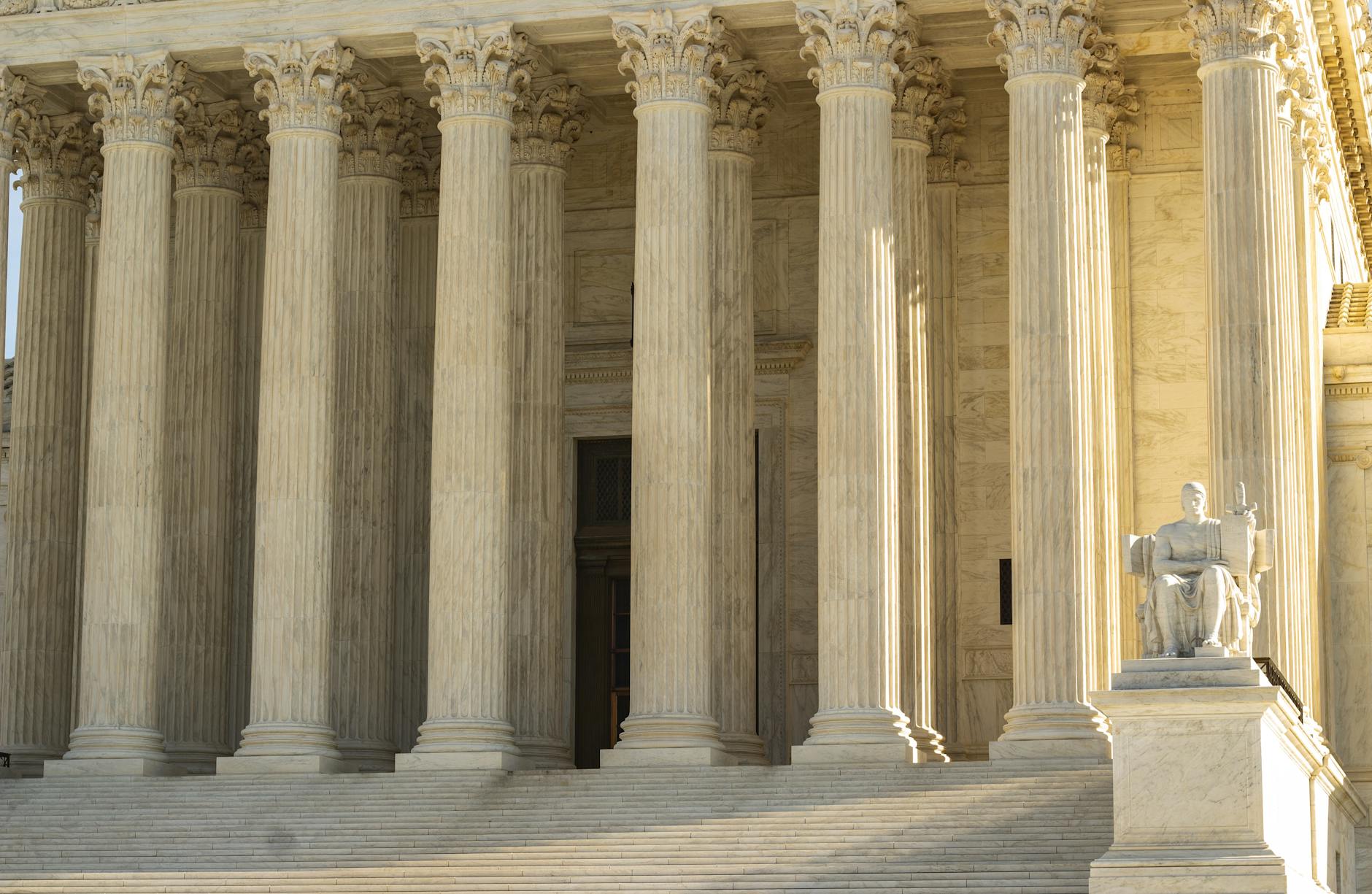A monumental legal battle is currently unfolding at the nation’s highest court, poised to reshape the very foundations of American commerce and international relations. At the heart of this gripping drama is a landmark case concerning presidential authority to impose tariffs, a power that a former President once declared absolutely critical to the nation’s survival.
### The High Stakes for US Trade Policy and Presidential Power
This isn’t merely a discussion about import taxes; it’s a profound examination into the scope of executive power concerning trade. The Supreme Court’s deliberations could set a pivotal precedent, determining the extent to which a President can unilaterally levy tariffs to protect domestic industries or enforce trade agreements. The implications stretch far beyond the specific duties in question, potentially impacting future administrations’ flexibility in responding to global economic challenges and perceived unfair trade practices.
Experts and policymakers are closely scrutinizing the arguments, understanding that the ruling will define the delicate balance between the executive branch’s authority and Congress’s role in setting trade policy. This crucial legal challenge could either affirm a robust presidential toolkit for economic defense or introduce new limitations, fundamentally altering how the United States engages with the global marketplace.
### Why This Decision Is Deemed a ‘Life or Death’ Struggle for the Nation
The former President, whose administration initiated these significant tariffs, has forcefully articulated the profound consequences of this judicial review, characterizing it as a pivotal moment for the country’s economic destiny. He has underscored the belief that the capacity to levy such duties is not merely a policy tool but a vital instrument for safeguarding national interests and ensuring sustained prosperity.
This strong sentiment highlights a core debate: are tariffs an indispensable shield against foreign competition and a lever for fair trade, or do they risk unintended economic ripple effects? Proponents argue that the ability to impose tariffs is essential for national security and job protection, enabling a president to react swiftly to protect vital domestic industries. The Court’s upcoming decision will either validate or challenge this view, with vast consequences for American workers, consumers, and manufacturers alike.
As the Supreme Court deliberates, the world watches with bated breath. The eventual ruling will undoubtedly cast a long shadow over future administrations’ ability to navigate complex global trade landscapes, potentially altering the course of American economic policy for generations to come. This decision holds the key to the balance of power in trade and the prosperity of the nation, marking a truly transformative moment in legal and economic history.

Leave a Reply